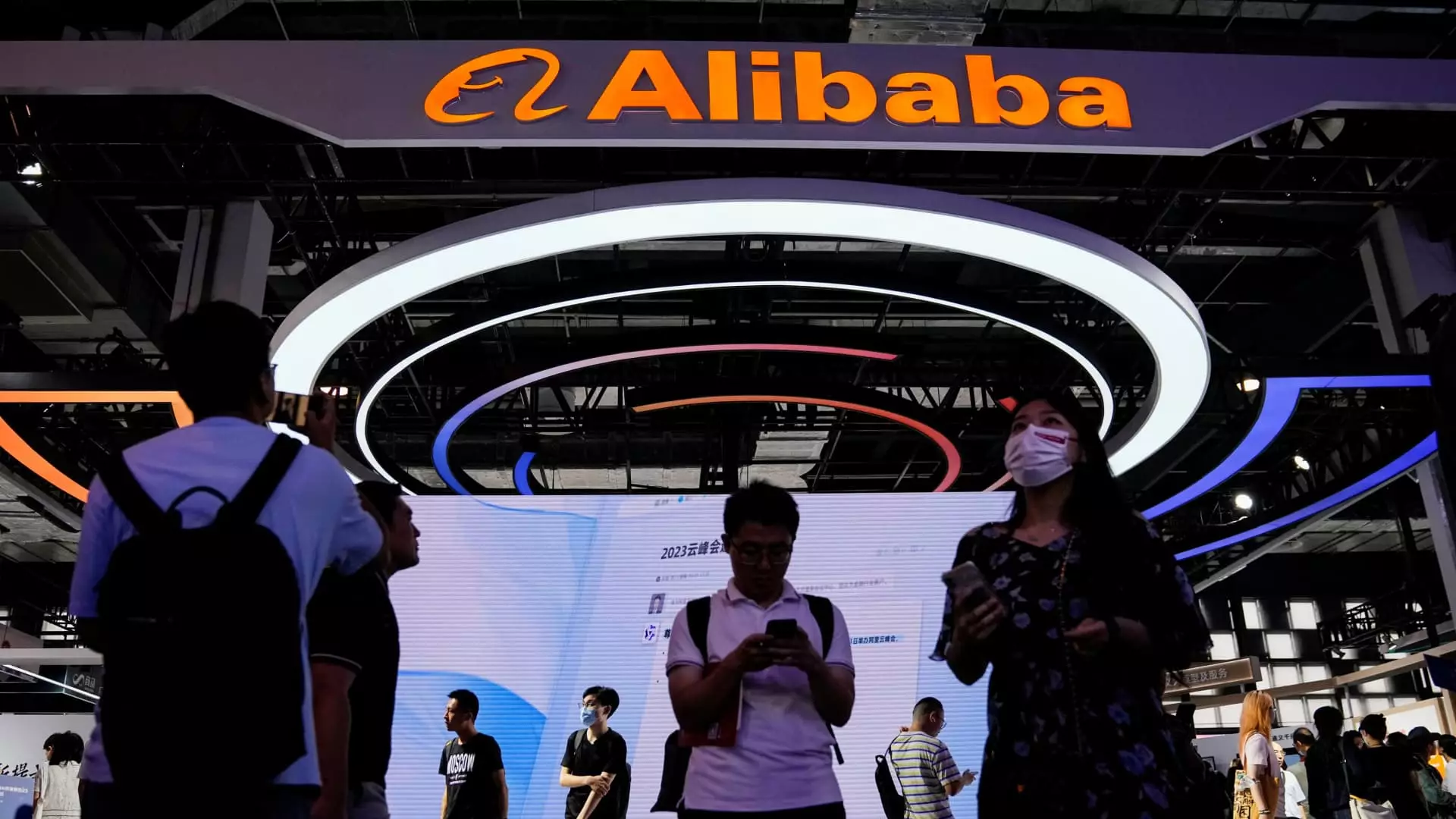Alibaba, the prominent Chinese tech conglomerate, has recently declared an eye-catching reduction in prices for its large language models (LLMs) – up to an impressive 85%. This announcement, made through a WeChat post by Alibaba Cloud, underscores the company’s ongoing commitment to optimizing its offerings in the highly competitive artificial intelligence (AI) landscape. The specific model benefitting from this price drop is Qwen-VL, which boasts the ability to process and interpret both texts and images. Despite this significant price adjustment, Alibaba’s share value experienced only a modest increase of 0.5% on the day of the announcement, highlighting a possible disconnect between corporate efforts and market reactions.
The motivation behind these cuts is multi-faceted. As various technology firms aspire to enhance their market position, price reductions represent a strategic maneuver aimed at attracting enterprise clients eager to integrate AI capabilities into their operations. By making these technologies more accessible, Alibaba hopes to stimulate demand in a sector that is still in its infancy, with companies striving to harness AI’s transformative potential.
The aggressive reduction in pricing reflects the intensifying competition among China’s tech titans to establish dominance in the AI space. Notably, companies like Tencent, Baidu, JD.com, Huawei, and Bytedance have all entered the fray, launching their versions of LLMs in the past year and a half. This race is not solely about technology but also about winning over customers and developing a robust ecosystem of AI-driven products. It showcases a fundamental shift where companies no longer just aim to be competitive; they strive to be leaders in an emergent field that is increasingly shaping the future of work and daily life.
In previous instances, Alibaba has employed similar strategies to attract businesses, emphasizing a willingness to adapt to market demands aggressively. For instance, in February, the company rolled back prices on numerous core cloud products by as much as 55%. Later in May, Alibaba further incentivized users by slashing prices on its Qwen AI model by up to 97%, which indicates an ongoing strategy to drive enterprise adoption of AI technologies.
Large language models, such as those Alibaba is pushing, serve a critical role in the foundation of today’s generative AI systems. Trained on vast datasets, these models are capable of generating human-like responses, forming the backbone of advanced applications like OpenAI’s renowned chatbot, ChatGPT. However, what’s distinct about Alibaba’s approach is its focus on creating solutions tailored for enterprise usage rather than consumer-centric chatbots.
As reported in May, the company’s Qwen models have attracted a growing user base, with over 90,000 enterprise clients currently leveraging the technology. This indicates not only the practical relevance of Alibaba’s offerings but also validates the firm’s strategy of aiming for businesses that require robust, user-friendly AI solutions to increase productivity and innovate their services.
Looking ahead, Alibaba’s price cuts can be understood as more than just a marketing tactic; they signify a broader strategy to enhance its presence in the global AI landscape. This proactive stand may compel competitors to respond in kind, likely leading to a price war that can ultimately benefit consumers and businesses alike by lowering costs for cutting-edge technologies.
Moreover, with AI’s potential being recognized worldwide, Alibaba has a pivotal opportunity to solidify its role as a critical player within the sector. As enterprises continue to seek ways to incorporate AI into their daily operations, the demand for accessible, efficient, and effective language models will only escalate. Through its pricing strategies and technological innovations, Alibaba is positioning itself at the forefront of this evolution.
The recent price cuts by Alibaba are not merely a reaction to competitive pressures; they represent a well-thought-out strategy aimed at solidifying the company’s future in an increasingly important field. With the spotlight firmly on AI advancements, Alibaba’s initiatives are likely to generate significant interest and engagement in the industry moving forward.

